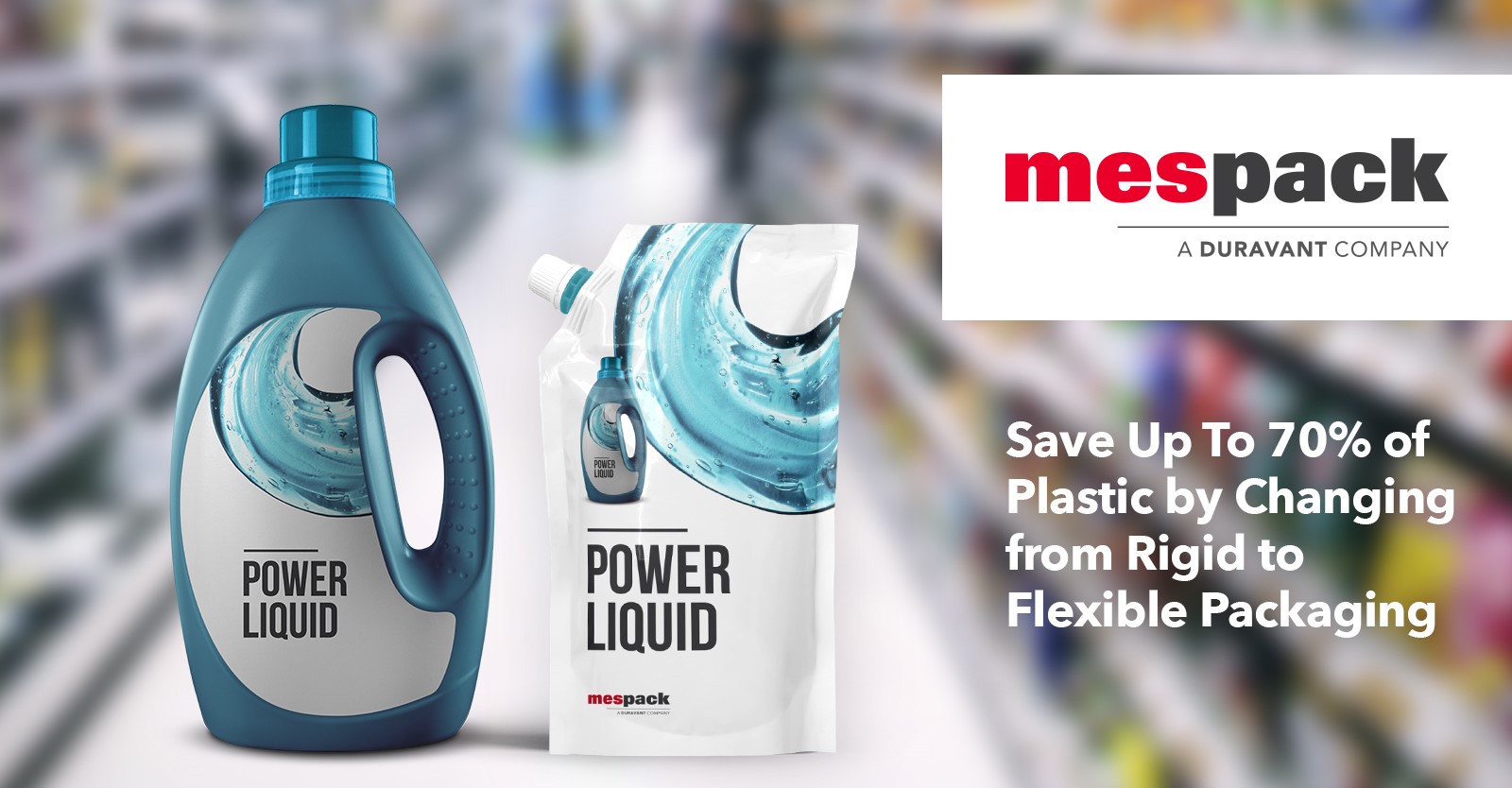
As the result of a commitment to innovation, technology, and sustainability, the flexible packaging industry with its value chain actors, of which Mespack is leading company, has made flexible packaging, due to its many advantages, an increasingly popular choice.
First and foremost, flexible packaging makes both edible and non-edible products safer, more convenient, and more enjoyable. Furthermore, value is added, therefore increasing its marketability. Consequently, owing to the combination of the highest material quality, including that of plastic, film, paper, and aluminum foil, it possible to offer multiple protective properties using a minimum amount of material.
Flexible packaging pursues lightness without sacrificing strength, protection, and optimum sealing. Additionally, it makes a product more attractive on the shelf. The versatility and efficiency of flexible packaging, in regard to conserving resources, personalized qualities, and sustainability, make it the ideal option in response to the packaging requirements of a product, irregardless to which industry it belongs.
The following information explains more about the advantages of choosing flexible packaging, which:
– Is more sustainable using less raw materials. You can save up to 70% of plastic by changing from rigid to flexible packaging.
– Optimizes transport and space, as a result of being lightweight. The weight of various flexible packaged products can be reduced by 50%, consequently decreasing product shipping costs.
– Packages a high volume of product with the least amount of packaging possible. To illustrate, 1.5 pounds of flexible packaging will package the same amount of beverage or liquid foods as 50 pounds of glass.
– Extends product shelf life and maintain the freshness of your merchandise. As an illustration, the shelf life of cucumbers wrapped in flexible packaging is extended from three days to 14 days; bananas packaged in flexible packaging have a slow ripening process and a prolonged shelf life of up to 35 days
– Generates less waste, due to an efficient product-to-package ratio. With an equivalent volume, the production of a flexible food pouch requires 75% less energy than that of a metal can.

– Requires less water and energy to manufacture and transport, thus generating small quantities of greenhouse gases on route to the market
– Includes numerous closures and dispensing options for openings and resealings
– Offers highly eye-catching designs as a result of multiple customization options
Flexible packaging is at the forefront of packaging trends that are related to various product aspects, such as design and performance, protection, consumer convenience, and sustainability. Consequently, the environment, consumers, and businesses all benefit.
At Mespack, we will not only accompany you with this transition to flexible packaging but also to make the leap to produce packaging with recyclable, recycled, biodegradable or compostable materials.
We encourage you to contact us to explain your project: https://mespack.com/contact/
Source: Flexible Packaging Association












